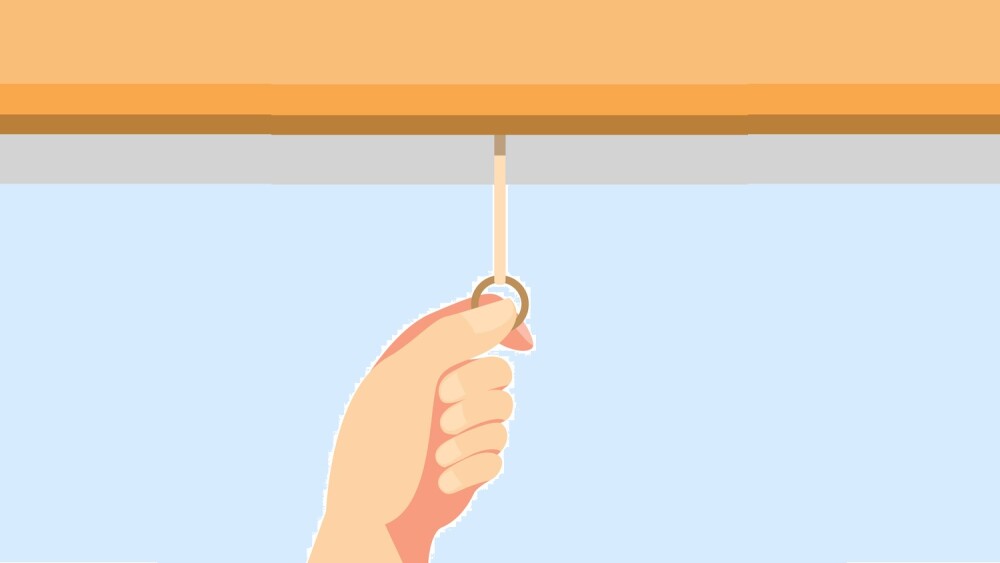Neurocrine Biosciences, Inc. (Nasdaq: NBIX) today announced data on the real-world comorbidities, polypharmacy, and treatment patterns of patients on newly prescribed benztropine who were also being treated with antipsychotic medications.
| SAN DIEGO, Oct. 19, 2022 /PRNewswire/ -- Neurocrine Biosciences, Inc. (Nasdaq: NBIX) today announced data on the real-world comorbidities, polypharmacy, and treatment patterns of patients on newly prescribed benztropine who were also being treated with antipsychotic medications. This research will be presented at the 2022 American Psychiatric Nurses Association (APNA) Annual Conference being held October 19–22 both virtually and in Long Beach, CA. The new findings are from a retrospective 24-month observational study of claims between January 1, 2017, and March 30, 2020 (Poster #152; Characteristics, Polypharmacy, and Medication Adherence Among Patients Prescribed Benztropine with a History of Antipsychotic Use). Benztropine is an anticholinergic medication approved as an adjunct for treatment of all forms of parkinsonism, including drug-induced parkinsonism that causes movement problems similar to those seen in Parkinson’s disease, such as tremors, slow movement, and stiffness. Benztropine can also be used to control other antipsychotic-induced movement disorders, except for tardive dyskinesia (TD). The analysis found that the patient population, who received at least one new benztropine prescription during the study, often had multiple comorbidities, substantial polypharmacy, and mild, moderate, or severe anticholinergic burden associated with the medications patients were taking prior to initiation of benztropine. After starting benztropine, 38 percent of these patients were on this medication for longer than six months, exceeding recommendations for acute use. These results indicate that regular evaluation of anticholinergic use is clinically warranted, especially in patients who are taking multiple medications with anticholinergic properties and have an increased risk of adverse anticholinergic effects. “The use of benztropine may be appropriate for acute treatment of some antipsychotic-induced movement disorders, but not for tardive dyskinesia,” said Eiry W. Roberts, MD, Chief Medical Officer at Neurocrine Biosciences. “In fact, antiparkinson agents like benztropine do not alleviate the symptoms of TD and may even aggravate them. These data help characterize the need for increased education regarding appropriate use of anticholinergic medications.” Additional Presentations Include:
The full abstracts being presented by Neurocrine Biosciences at the 2022 APNA Annual Conference can be accessed by registering for the meeting here. About Tardive Dyskinesia (TD) About INGREZZA® (valbenazine) Capsules INGREZZA is thought to work by reducing the amount of dopamine released in a region of the brain that controls movement and motor function, helping to regulate nerve signaling in adults with tardive dyskinesia. VMAT2 is a protein in the brain that packages neurotransmitters, such as dopamine, for transport and release in presynaptic neurons. INGREZZA, developed by Neurocrine Biosciences, is novel in that it selectively inhibits VMAT2 with no appreciable binding affinity for VMAT1, dopaminergic (including D2), serotonergic, adrenergic, histaminergic, or muscarinic receptors. Additionally, INGREZZA can be taken for the treatment of tardive dyskinesia as one capsule, once-daily, together with most psychiatric medications such as antipsychotics or antidepressants. Important Information Approved Use INGREZZA® (valbenazine) capsules is a prescription medicine used to treat adults with movements in the face, tongue, or other body parts that cannot be controlled (tardive dyskinesia). It is not known if INGREZZA is safe and effective in children. IMPORTANT SAFETY INFORMATION Do not take INGREZZA if you:
INGREZZA may cause serious side effects, including:
Tell your healthcare provider right away if you have a change in your heartbeat (a fast or irregular heartbeat), or if you faint.
Before taking INGREZZA, tell your healthcare provider about all of your medical conditions including if you: have liver or heart problems, are pregnant or plan to become pregnant, or are breastfeeding or plan to breastfeed. Tell your healthcare provider about all the medicines you take, including prescription and over-the-counter medicines, vitamins, and herbal supplements. The most common side effect of INGREZZA is sleepiness (somnolence). Other side effects include changes in balance (balance problems, dizziness) or an increased risk of falls, headache, feelings of restlessness, dry mouth, constipation, and blurred vision. These are not all of the possible side effects of INGREZZA. Call your doctor for medical advice about side effects. You are encouraged to report negative side effects of prescription drugs to the FDA. Visit MedWatch at www.fda.gov/medwatch or call 1-800-FDA-1088. Please see accompanying INGREZZA full Product Information. About Neurocrine Biosciences Neurocrine, the Neurocrine logo, and INGREZZA are registered trademarks of Neurocrine Biosciences, Inc. Forward-Looking Statements ©2022 Neurocrine Biosciences, Inc. All Rights Reserved.
SOURCE Neurocrine Biosciences, Inc. | ||
Company Codes: NASDAQ-NMS:NBIX |





